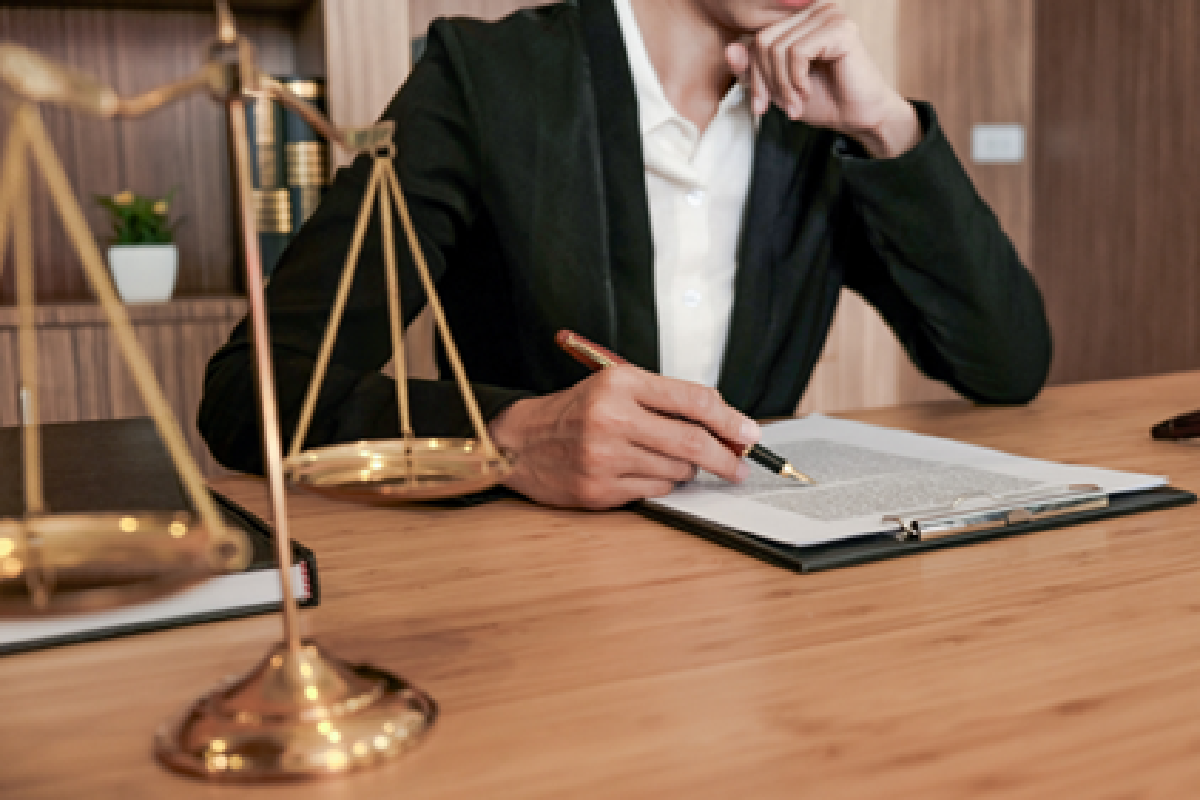Contents of this Post
ToggleHouston’s criminal landscape is constantly shifting—and the numbers prove it. While violent crimes like homicides and aggravated assaults saw declines in early 2024, the overall crime rate in the city still rose by 5%, driven by spikes in human trafficking and repeat offenses. These fluctuations reflect more than just headlines—they shape how court cases are built, tried, and challenged. With so much at stake, every piece of evidence can make or break a case. That’s where a skilled defense lawyer steps in.
In such a dynamic legal landscape, the role of a Houston criminal defense lawyer becomes paramount in safeguarding the rights of the accused. Challenging the admissibility and reliability of evidence is a cornerstone of criminal defense, ensuring that convictions are based on solid and lawful grounds. Given the fluctuations in crime statistics and the heightened focus on certain offenses, a skilled defense attorney’s ability to scrutinize evidence can significantly impact the outcome of a case. This vigilance protects individual clients and upholds the integrity of the broader justice system in Houston.
Assessing the Ties of Evidence
Each piece of evidence must be tested vigorously to gauge whether it is real. Defense lawyers frequently first determine how law enforcement has collected and handled evidence. Such procedures account for the chain of custody necessary to follow the trail of evidence from collection to presentation in court. Even a minor deviation or irregularity in these processes can create doubts about the admissibility of the evidence.
Additionally, attorneys look to see if evidence was obtained legally. If the police broke the law by improperly searching your property, the evidence they found may be unusable. Defense attorneys think about how the prosecution might manipulate the proof and how they might prevent evidence from being touched or changed. Defense attorneys review the process to look for flaws that could weaken the prosecution.
How to Assess Witnesses’ Credibility
Witness testimony often plays a vital role in criminal cases. Defense attorneys work diligently to evaluate the credibility of every witness. They search backgrounds, seeking motives that may influence testimony. This includes spotting potential personal biases or societal pressures that might affect a police officer’s testimony and what they may or may not say in a court of law.
Challenging witness credibility is another issue that can be raised in cross-examination. Attorneys can use strategically phrased questions to highlight inconsistencies or contradictions in testimony. Such tactics are designed to undermine the credibility of what witnesses say they saw or heard. In the end, credibility testing only ensures that the court hears the best versions of the accounts.
Judging Scientific and Expert Evidence
Science and expert testimony can be integral to a criminal charge. Defense lawyers must question the basis of these testimonies, the methodologies, and the credentials. A big part is ensuring that experts follow widely accepted standards and practices. However, if any discrepancies or practices are questionable, the attorneys can contest the findings.
More crucially, defense attorneys investigate if the experts on the other side might provide alternate expert testimony. The defense needs to plant reasonable doubt, so presenting these disparate views is a way to do so. This method gives the jury a more complete perspective, avoiding over-dependence upon a single (obviously flawed) analysis.
Alternative Explanations of Evidence
Often, evidence can point to more than one conclusion. The defense attorney’s craft is crucial as they explore alternative scenarios that could yield a different result. Their goal is to create enough doubt that the prosecution cannot prove anything beyond the standard of reasonable doubt.
This tactic figuratively builds bridges that incorporate the evidence but propose an alternative scenario. Defense counsel keeps all options open by presenting the jury with various perspectives or lenses to view the case, and it also helps frame the story the jury believes to be true.
Checking for Procedural Errors
The admissibility of evidence may be heavily contingent on procedural errors. Defense lawyers always look for legal violations committed during the case. Mistakes or oversights can present an opportunity to challenge evidence or have charges thrown out.
Procedural hurdles manifest when an attorney mishandles or does not document the evidence. Defense attorneys use these challenges to preserve the defendant’s rights and the integrity of the legal process.
To Sum Up
A good defense lawyer must provide more than just courtroom representation in criminal cases. Lawyers strengthen their clients’ defense by painstakingly analyzing evidence, questioning witness testimony’s reliability, and identifying procedural mistakes. Taking charge of these strategies is a complex process of law, and we always benefit from having a seasoned lawyer to have our back along the road. Defense lawyers have extensive knowledge and work hard to ensure justice is served and that each client gets a fair trial.

